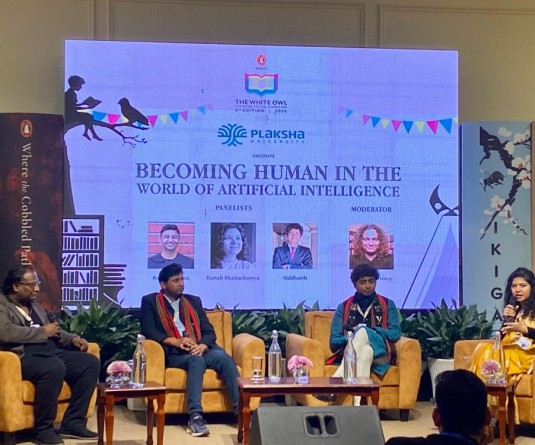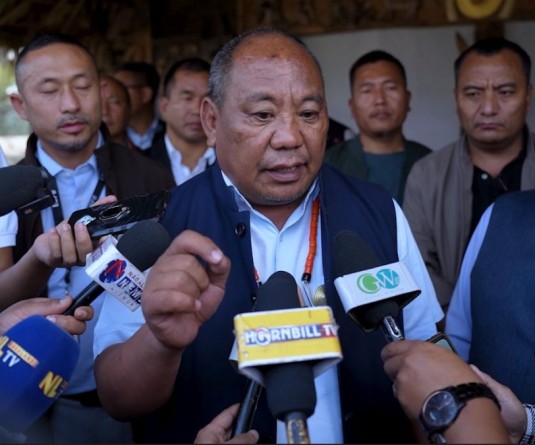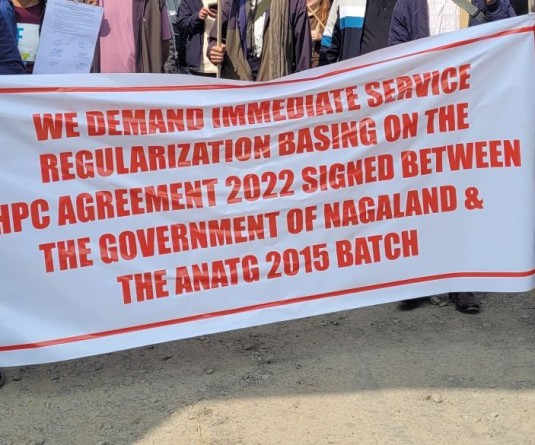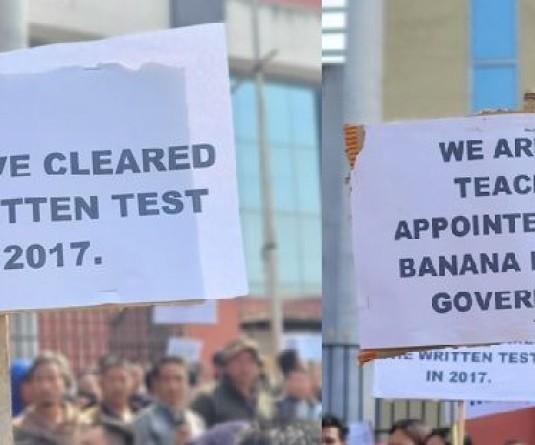Imtimenla and Diethono Nakhro signing the MoU in Kohima on June 27. (Morung Photo)
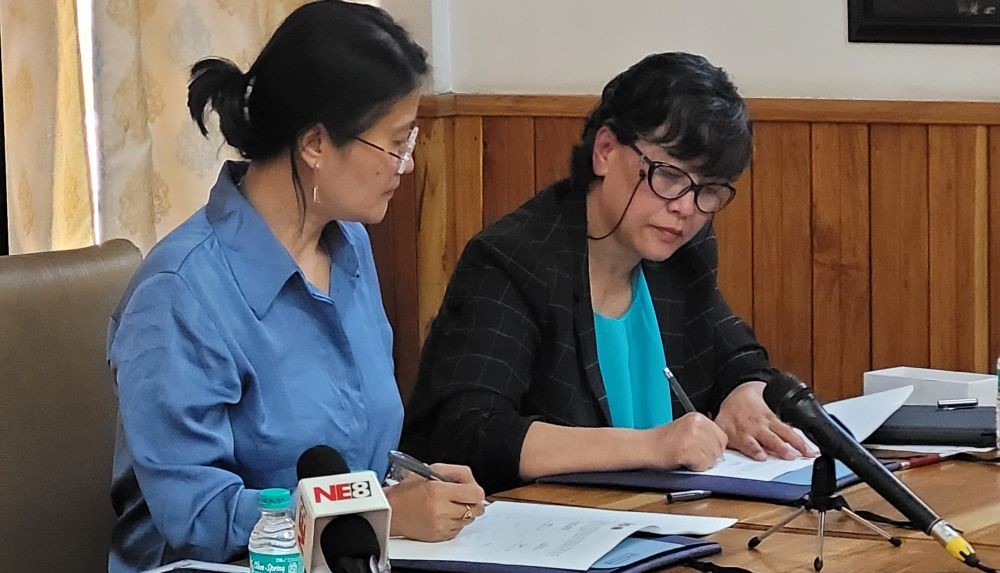
Community groups encouraged to help build confidence and independence
Our Correspondent
Kohima | June 27
While according to the 2011 census, there are 29,631 Persons with Disabilities (PwDs) in Nagaland, State Commissioner for Persons with Disabilities Diethono Nakhro said that in reality, there will be thousands more living with different kinds of disabilities in Nagaland.
She said this during the signing of Memorandum of Understanding (MoU) between Nagaland State Rural Livelihoods Mission (NSRLM) and Office of the State Commissioner for Persons with Disabilities (SCPD) to work together to support and empower PwDs in Nagaland.
She said that people who live with disabilities are more likely to live in poverty due to stigma and discrimination, inaccessible environments, limited access to education and employment, and lack of inclusion in livelihood and other social programmes.
Nakhro said that disability accentuates poverty “because the systemic institutional, environmental and attitudinal barriers that people with disabilities encounter in their daily lives result in their entrenched social exclusion and their lack of participation in society.”
She said that women with disabilities in particular face significantly more difficulties. “This, of course, also places disabled women and girls at higher risk of gender-based violence, sexual abuse, neglect, and exploitation, particularly girls and women with psychosocial disabilities,” she underscored.
Nakhro said the Self-Help Group (SHG) movement has now become an effective strategy for poverty alleviation and social mobilisation. Particularly with regard to the disabled community, studies carried out in areas where SHGs for disabled people have been successfully implemented show that these groups can be very effective in helping persons with disabilities come out of isolation and drive their participation and inclusion in society.
In social isolation not by choice
Nakhro meanwhile said that the pandemic forced a kind of social isolation that is unprecedented in the modern world. It may be unprecedented for the rest of the world, for the non-disabled world, but for most disabled people, social isolation is actually nothing new, she said.
She said that many remain confined to their homes with very little social interaction due to stigma and discrimination, misconceptions and negative attitudes about disability. In some cases, families are overprotective and will not let family members who are disabled mingle or socialise. Then there is the other extreme where some families are ashamed to let others know that they have a disabled family member.
“Community groups like SHGs can help disabled people build relationships within the group and also in the wider community and in the process help build their confidence and independence,” she added.
Towards inclusive approach
Imtimenla, Joint Secretary & Mission Director NSRLM said this section is considered non-productive and therefore are alienated even from within their own family and community. “This makes them vulnerable not just physically, but financially and emotionally as well,” she said.
Under DAY-NRLM, there is an inclusive approach where the Mission is mobilizing not only the BPL households, but also identifying the vulnerable sections namely the dependent elderly and destitute; PwDs; widows and even orphans.
It is pertinent that there is a sense of belongingness that can come about when a vulnerable person is part of a group that meets together, discusses together, and can even take up gainful activities, she said.
It may seem like an insignificant thing but for a vulnerable person to host fellow SHG members in his/her home for an SHG meeting (Under DAY-NRLM, SHG meetings are held on rotation basis with each member hosting a meeting during a different month) is taking a step forward in helping them socialise with friends and peers, the Mission Director added.
The MoU signing programme held at de Oriental Grand, Kohima was chaired by Kenivole Richa, Programme Manager, SISD, NSRLM. Sondahol Richa of Jakhama village shared his experience and expectations. Deo Huprem, Youth Director, Chakhesang Baptist Church Kohima prayed for the programme while vote of thanks was proposed by Khriezovonuo Lhoungu, SPM- SISD, NSRLM.


